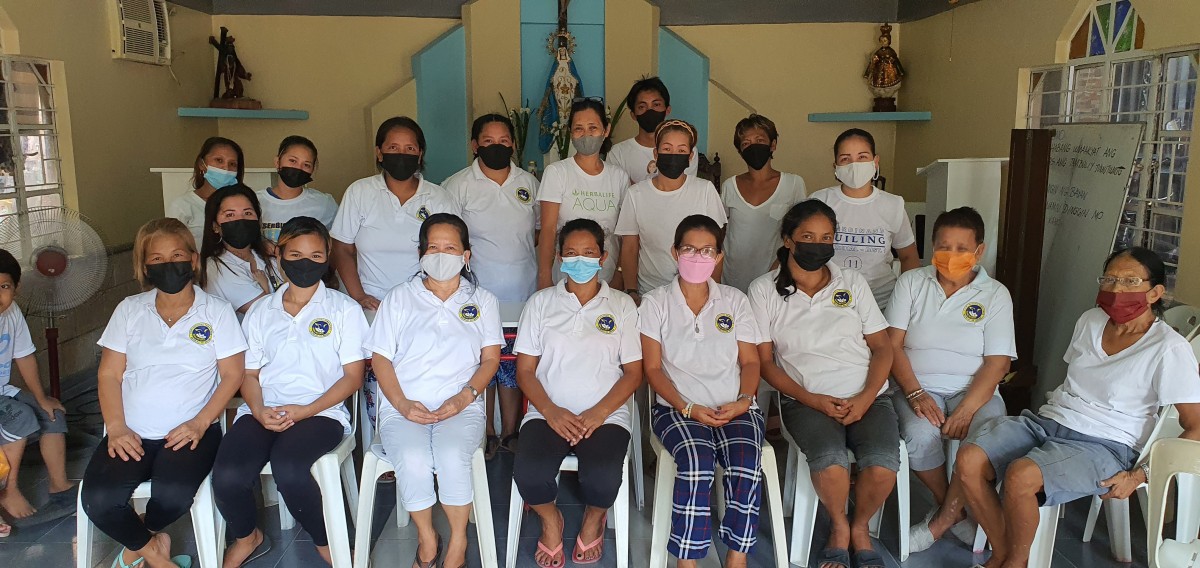On 8 June, after five long years, the Special Commission of the Brazilian Lower House of Parliament gathered to discuss and vote on the Medical Cannabis Bill.
The Medical Cannabis Bill 399/2015, which aims to regulate the cultivation of industrial hemp and medical cannabis, and which has attracted opposition from a group of right-wing policymakers, is waiting for the deliberation of the Bureau of the Chamber of Deputies to advance to the next stage. Again. Several thousand medical cannabis patients are waiting for the president of the Lower House, Bolsonaro’s close ally Arthur Lira, to put it to a vote. Should the petition be rejected, the Bill can progress to the senate. In the case it is approved, it will head to the house plenary.
As of August 2020, there were circa 20,000 people authorised to import medical cannabis products into Brazil. Associations like ABRACE, which is authorised to cultivate and process cannabis, cater to the many other patients who do not have the means to pay the exorbitant prices of imported cannabis oil. Brazilian pharmaceutical company Prati-Donaduzzi, whose 20 year patent to produce CBD oil was recently revoked, offers an alternative to imported products—even though it is manufactured with imported raw material. At the equivalent cost of two minimum wages (£ 315), the 30ml bottle is also inaccessible for most patients.
Pharmaceutical capture of the market
Before the voting of Bill 399, the Government, opposed to the legislation and to the regulation of cannabis cultivation in Brazil, tried to strategically hinder its advance. The Ministry of Health suggested and considered the incorporation of CBD oil into the Universal Health System (SUS, in Portuguese). The only concentration allowed, though, would be 200mg/ml. This attempt to incorporate a product with a very specific concentration would establish Prati-Donaduzzi’s monopoly as the only supplier of CBD oil with the concentration approved by the Brazilian Health Regulatory Agency (ANVISA). On 23 October 2020, the Ministry of Health signed a non-disclosure agreement with Prati-Donaduzzi for technology transfer and technical cooperation.
The measure aroused the suspicion of Paulo Teixeira, the lawmaker that chairs the Special Commission on the Medical Cannabis Bill, and Luciano Ducci, the Bill’s rapporteur, who requested from the Ministry of Health that information on the agreement be made publicly available. A few days before the Special Commission voting session, the Ministry of Health published an ordinance in the Official Journal of the Union and made public its decision not to integrate the CBD oil within the Universal Health System. Interestingly, congressman Osmar Terra, Bolsonaro’s strongman and fierce opposer of Bill 399, tried to block this piece of legislation by saying that it would only favour large international pharmaceutical firms, but kept silent about the Prati-Donaduzzi scheme and never questioned why its patent had been revoked.
While the situation of legal and regulated medical cannabis in Brazil is chaotic and far from being settled, foreign investors look at the scenario with dollar signs in their eyes. According to Prohibition Partners’ last report on Latin America and the Caribbean, by 2025 the number of Brazilian medical cannabis patients might increase 11 fold to around 260,000 people. They further estimate that there are over 2 million potential patients in the country.
Investors, of course, translate “medical patients” as “market” and “profit”. Some companies are not only interested in importing their products into Brazil, but hope for Bill 399 to be approved so they can start cultivating cannabis in the tropical country, where the labour force and production costs are much cheaper than in Europe or North America.
While it is still not possible for companies to cultivate cannabis in Brazil within a legal framework, though, foreign enterprises are taking advantage of ANVISA’s regulation. Recently, Canadian companies MedPharm Labs and PharmaCielo received export authorisations to offer their medical cannabis products in the Brazilian market. The Swiss company Promediol, which has a Brazilian branch, has been authorised by ANVISA to produce CBD oil. From a neoliberal perspective, these initiatives might be framed as competitors offering options to consumers. But the consumers, here, are medical patients, and what is being marketed to them is life-restoring medicine.
Health, in Brazil, is a commodity. Unfortunately. Like Gil Scott-Heron sang in another context, but where life and health were also treated as commodities: “When it comes to people safety/ Money wins out every time.”
*Felipe Neis Araujo is a Brazilian anthropologist concerned with drug policies, state violence, structural racism, and repair for historical inequalities. He writes a monthly article for TalkingDrugs. Contact him at neis.araujo@gmail.com.


